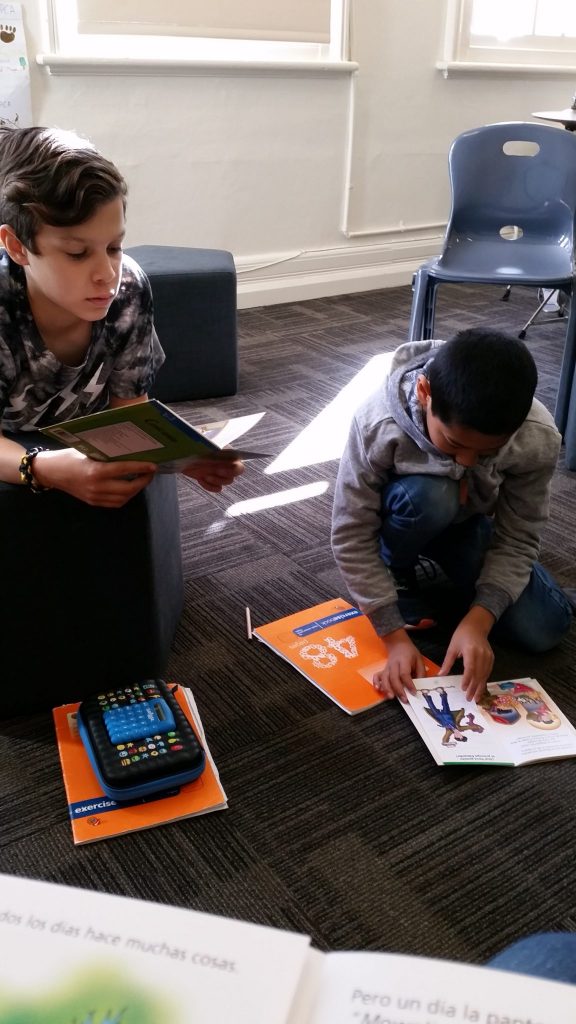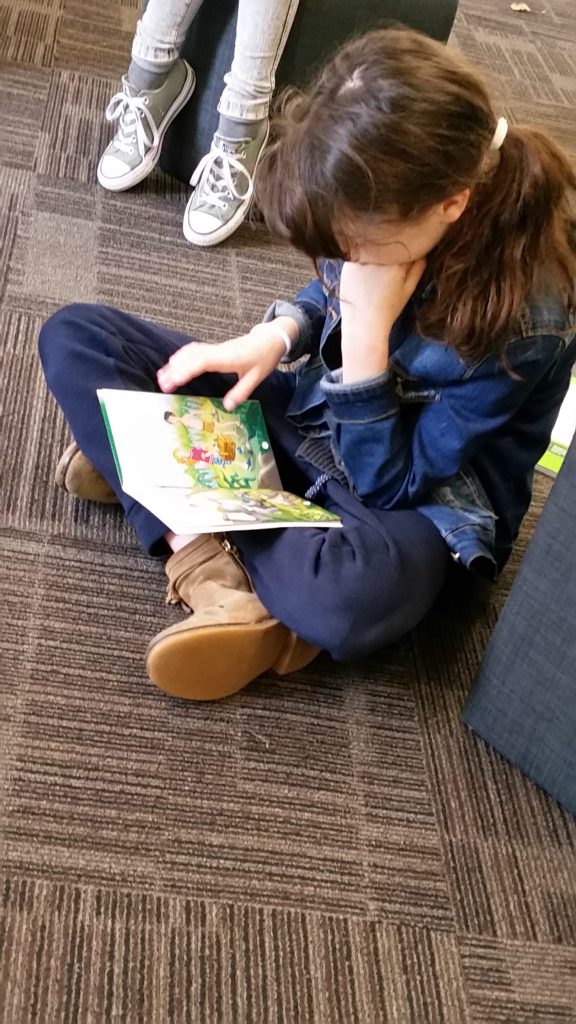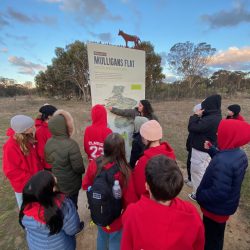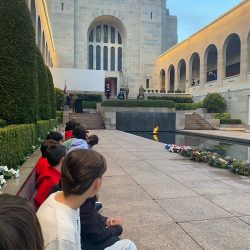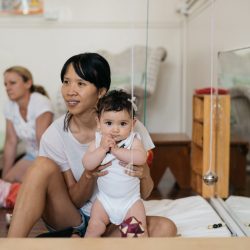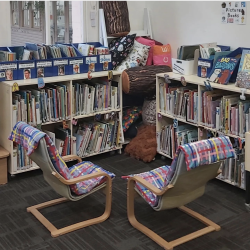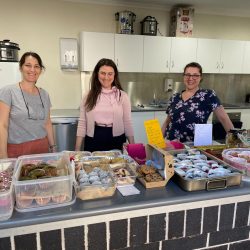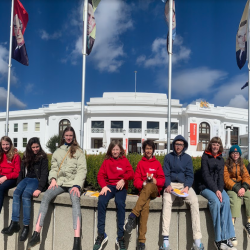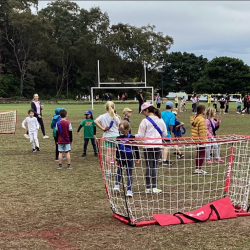Spanish Stage 3 Book Week
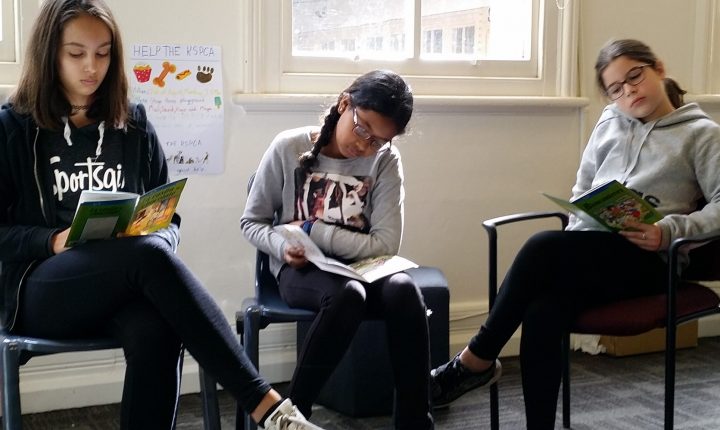
“The child has a mind able to absorb knowledge. He has the power to teach himself.” Maria Montessori
In Stage 3 Spanish so far this year, the children have spent many hours listening to, creating and involving themselves in storytelling. While not quite on a par with the Great Stories of Montessori, they have become our great stories. There have been frogs, ice creams, karate ninjas and restaurants; a plethora of musicians and actors, book characters and sports stars as protagonists. Along the way, the children have begun to develop the skills of listening for understanding when learning a new language.
Stephen Krashen talks at length about the Input Hypothesis and why it is vital for the acquisition of language. He states that comprehensible input via listening and reading are the most valuable methods by which language is not just learned, but acquired. Krashen promotes the use of free voluntary reading during second-language acquisition, which he says “is the most powerful tool we have in language education, first and second”. It is with this in mind that our students are presented with written copies of their created stories, so that they always have comprehensible material available to them in their books which they are readily able to access and review.
By using their prior knowledge of commonly known fairy tales and stories, a basic level of Spanish, pictures and quiet time in a relaxed and prepared environment, the Stage 3 students have started their reading journey in classes this week (Book Week) by accessing simplified readers of some classics, including Cenicienta (Cinderella), Los Tres Cerditos (The Three Little Pigs), Blancanieves (Snow White), El Patito Feo (The Ugly Duckling), to name a few.
“The more that you read, the more things you will know. The more that you learn, the more places you’ll go.” Dr Seuss

